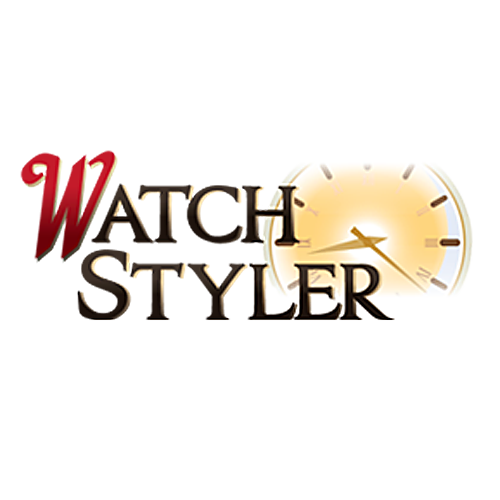
Rolex Authenticity Papers Explained: Why Watch Parts Aren’t Certified
Share
One of the most common questions we receive is: “Do you provide an authenticity certificate?” It’s a fair question—but the answer is more nuanced than most expect. Let’s break it down.
For new watches, the process is straightforward. They typically come with warranty cards and booklets, which many people mistake for authenticity certificates. This confusion is understandable since these documents accompany new timepieces.
However, for pre-owned or vintage watches, it’s different. These pieces usually do not include original paperwork, as it may have been lost over time. In such cases, authenticity is verified through expert inspection and trusted sourcing rather than manufacturer-issued documents.
What Is an "Authenticity Paper"?

Many shoppers are used to jewelry items being sold with some kind of certificate. These documents often look official, but in reality, most are worth little more than the paper they’re printed on. Still, customers feel more comfortable when they receive a "certificate."
In the jewelry and watch industry, what most people call an "authenticity paper" is actually a legal appraisal. A legally recognized appraisal isn’t just a generic certificate - it follows a specific format to ensure accuracy and compliance. A proper appraisal document typically includes serial numbers, detailed description, materials, dimensions, brand, distinguishing features, and replacement value. It’s not a generic plastic card or a free slip of paper included with every purchase.
Here’s the catch:
For an appraisal to have legal or insurance value, it must be performed by a qualified specialist, not just your local jeweler who “knows watches.”
Who Is Qualified to Appraise?

According to Jewelers Mutual, a leading jewelry insurance company, a qualified appraiser is someone with gemological and appraisal training. This means the specialist must complete formal education and hold certification from one of these recognized organizations:
- American Gem Society (AGS)
- National Association of Jewelry Appraisers (NAJA)
- Gemological Institute of America (GIA)
If your local jeweler does not have this specialized training, their appraisal is essentially for informational purposes only - not legally binding.
Why Does It Cost Money?
Professional appraisals are not free and not cheap. Each appraisal is done per item, not as a bulk service. For example, if we were to authenticate individual dials, each one would require its own appraisal - typically costing $100–$200 per item, depending on volume.
If we were selling watches for $20,000, absorbing this cost would be easy. But since our items are relatively affordable, adding 30% to the price for an appraisal would significantly impact the final cost of each dial or bezel.
The Bigger Issue: Ethics and Practicality
Here’s the key point: it is not standard practice to certify individual watch parts.
Think of it this way - if you buy a gold chain at a department store, you receive one certificate for the entire product, not for each individual link. The same principle applies to watches: the watch as a whole can and should be authenticated, but not its separate components.
Providing certificates for individual parts would be misleading and unnecessary. The integrity of a Rolex, or any luxury watch, comes from the complete assembly, not from isolated components.
What Should You Do Instead?
If you want peace of mind when buying watch parts:
- Buy from trusted sources with a reputation for authenticity.
- Request detailed photos and descriptions of the part.
- Ask for a second opinion if you’re unsure.
- Verify compatibility with your watch model.
- For full authentication, have the complete watch appraised by a certified professional.
Looking for Genuine Rolex Parts?
We stock authentic Rolex dials, bezels, and components sourced from trusted channels.
[Browse our collection] or [contact us for expert guidance].
